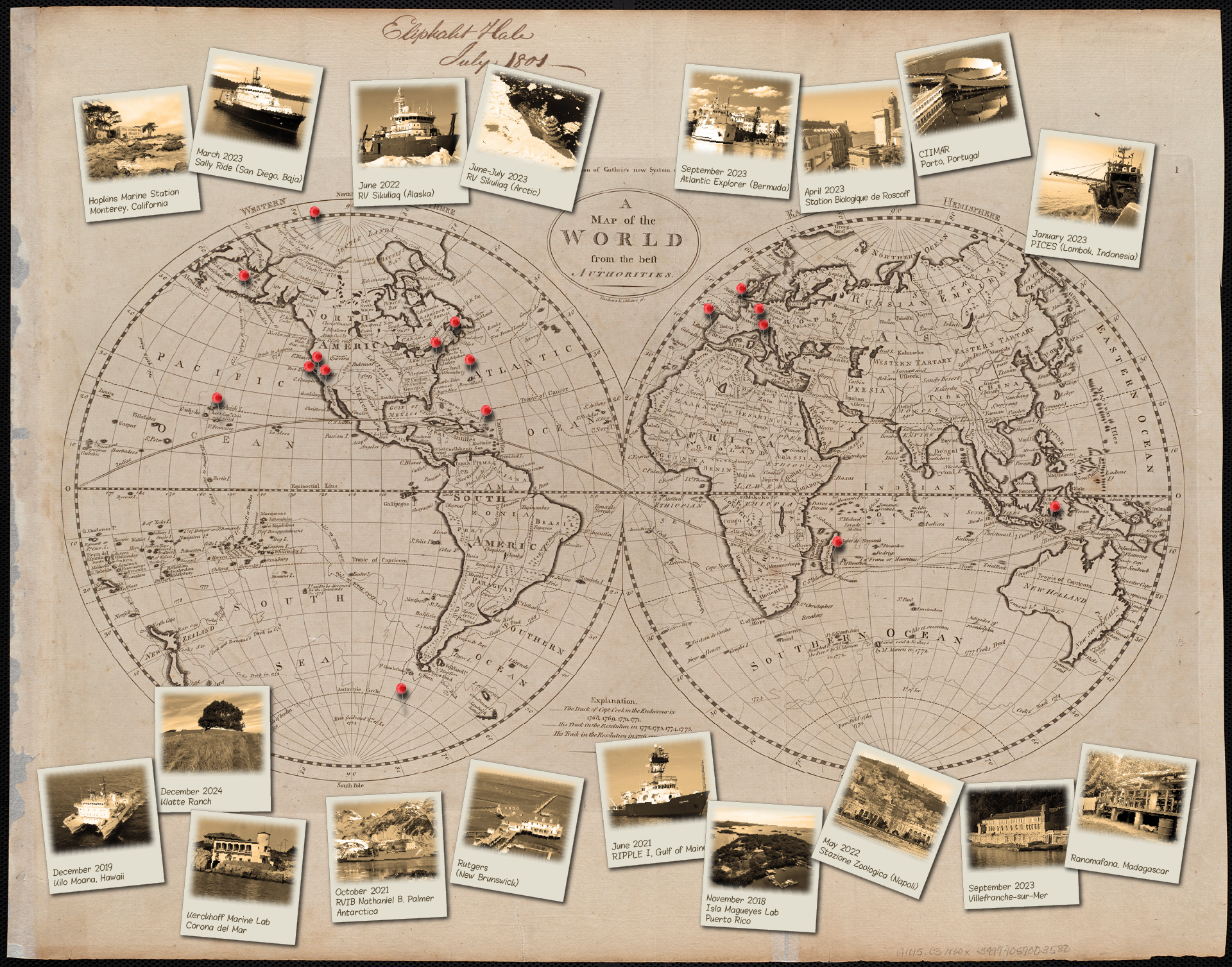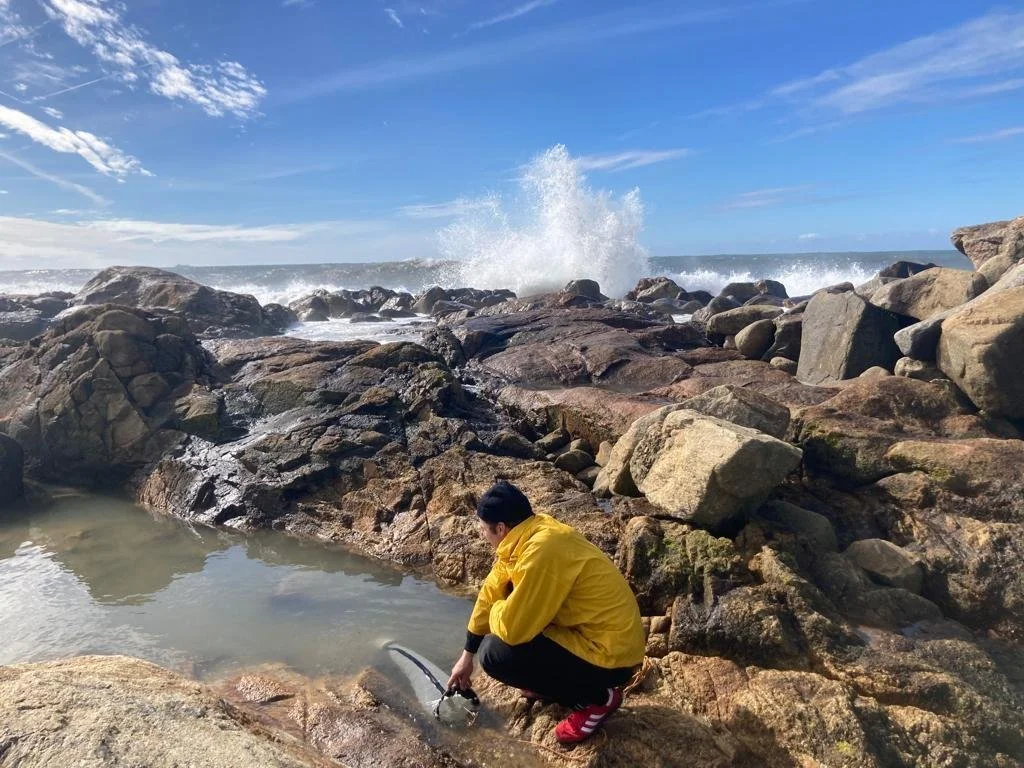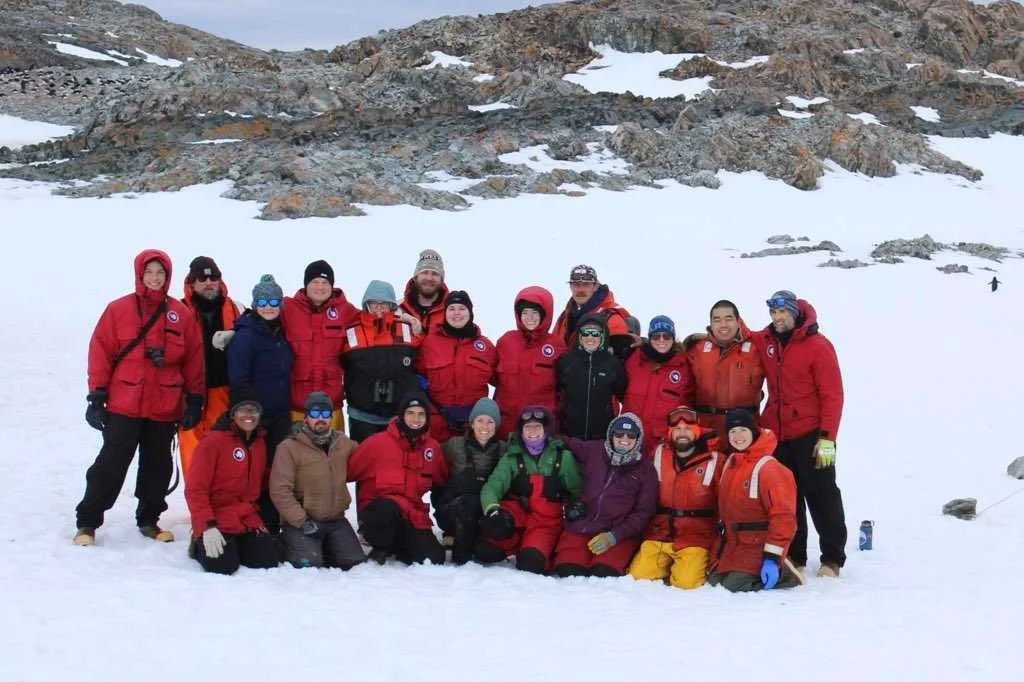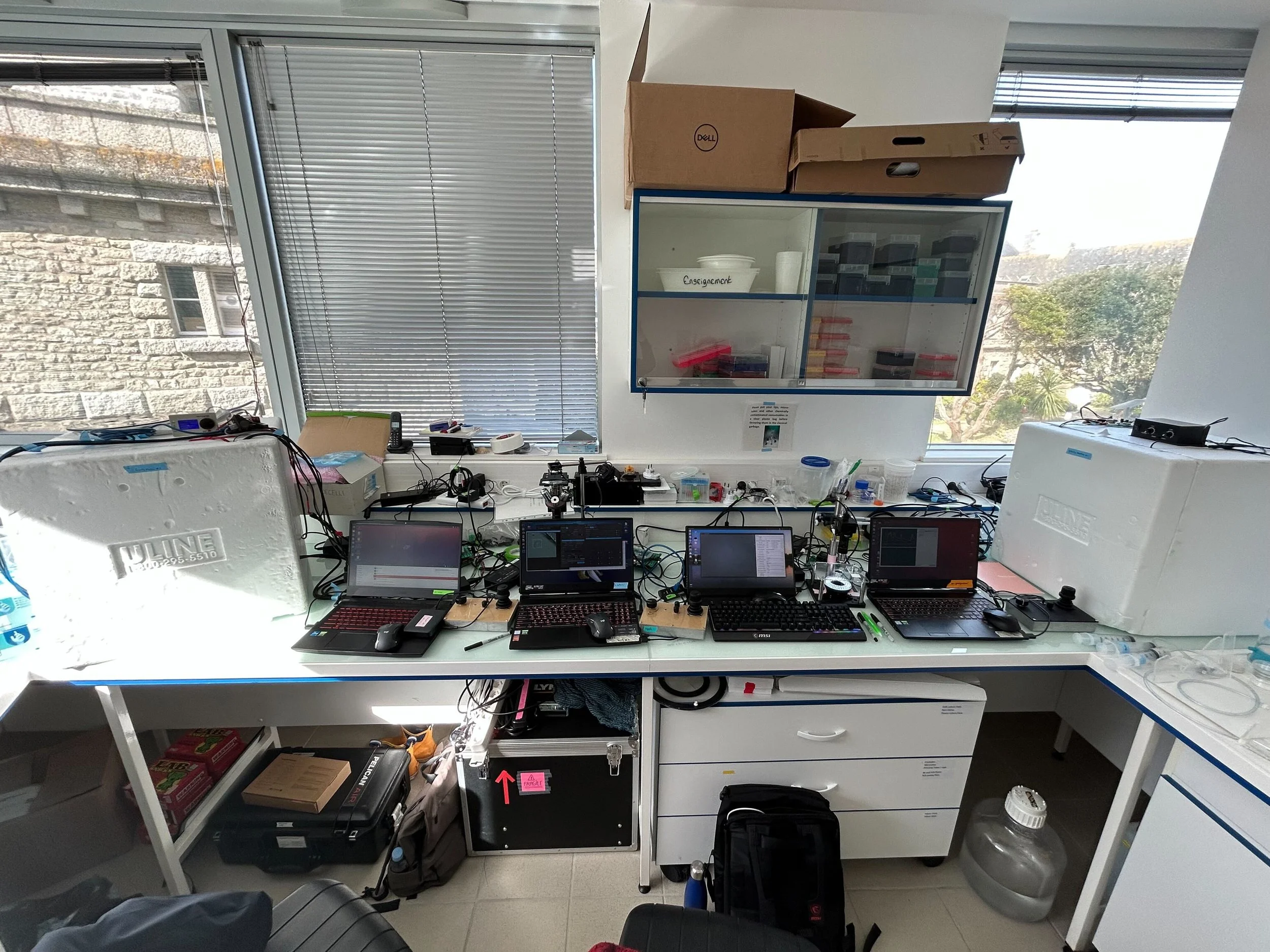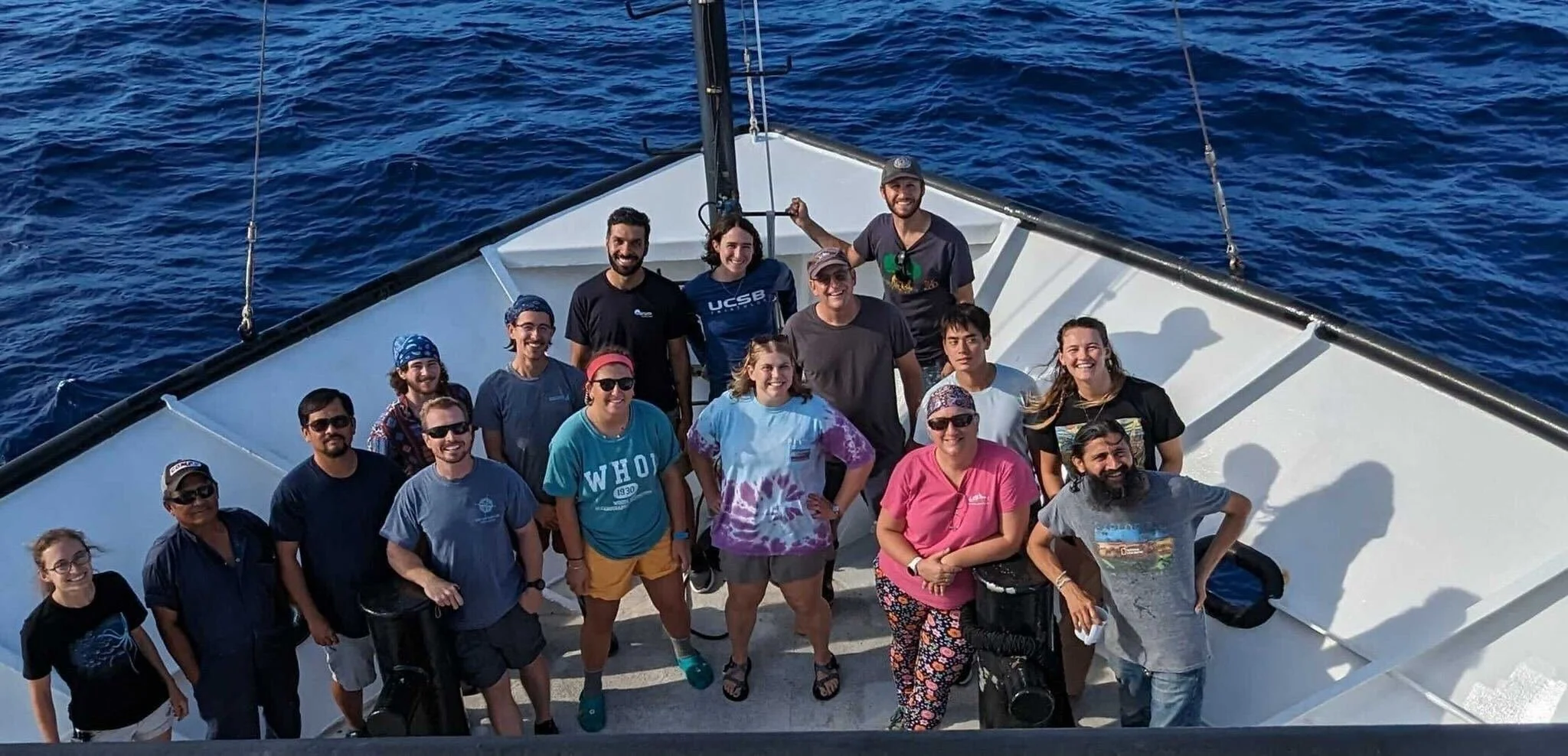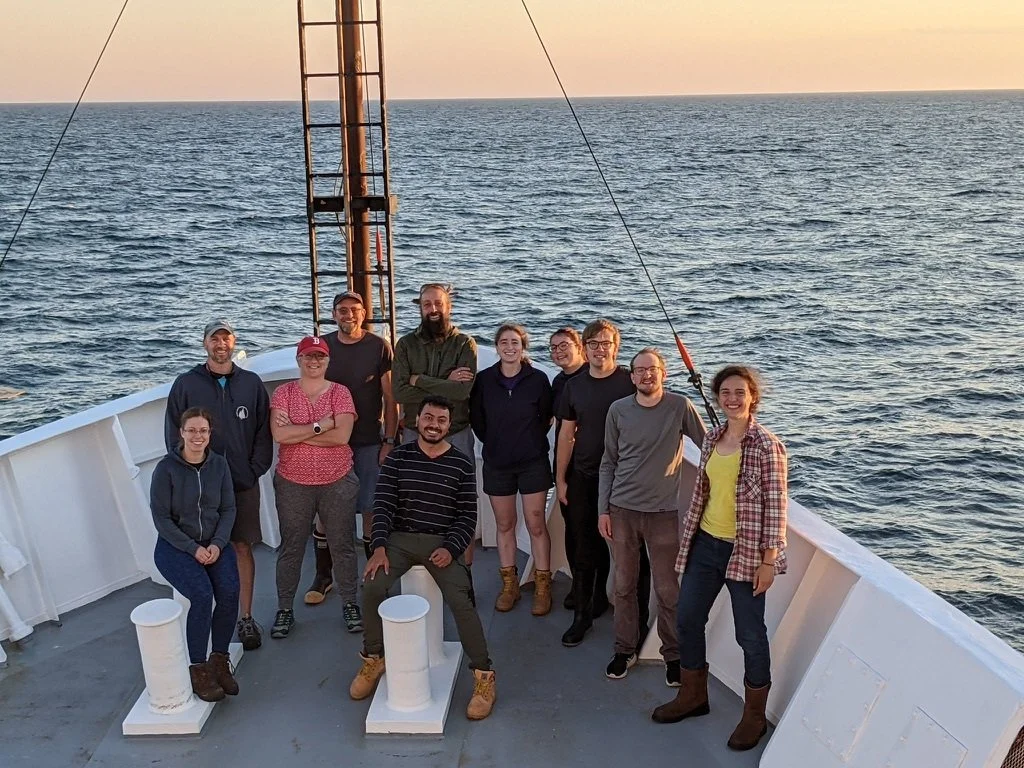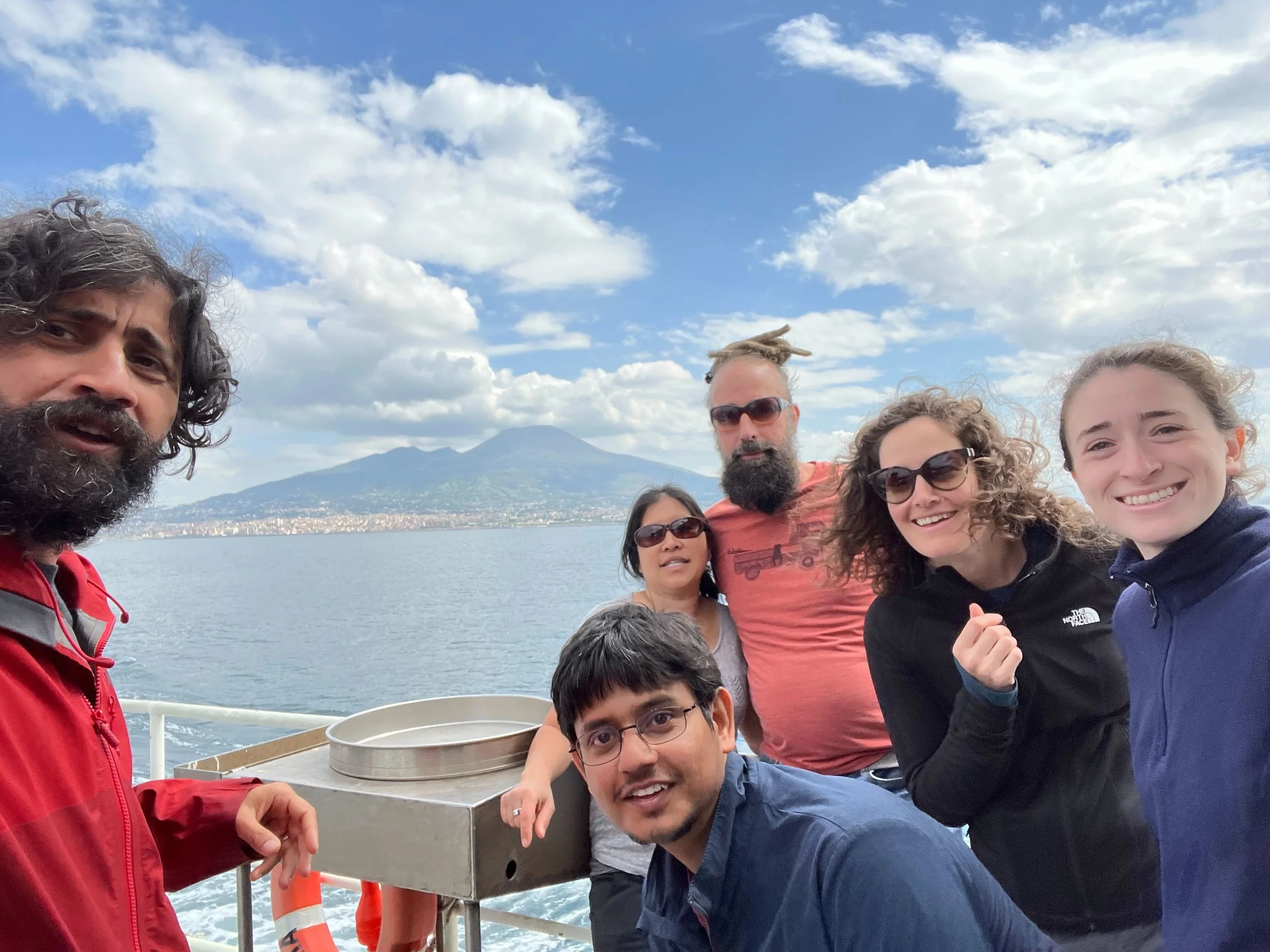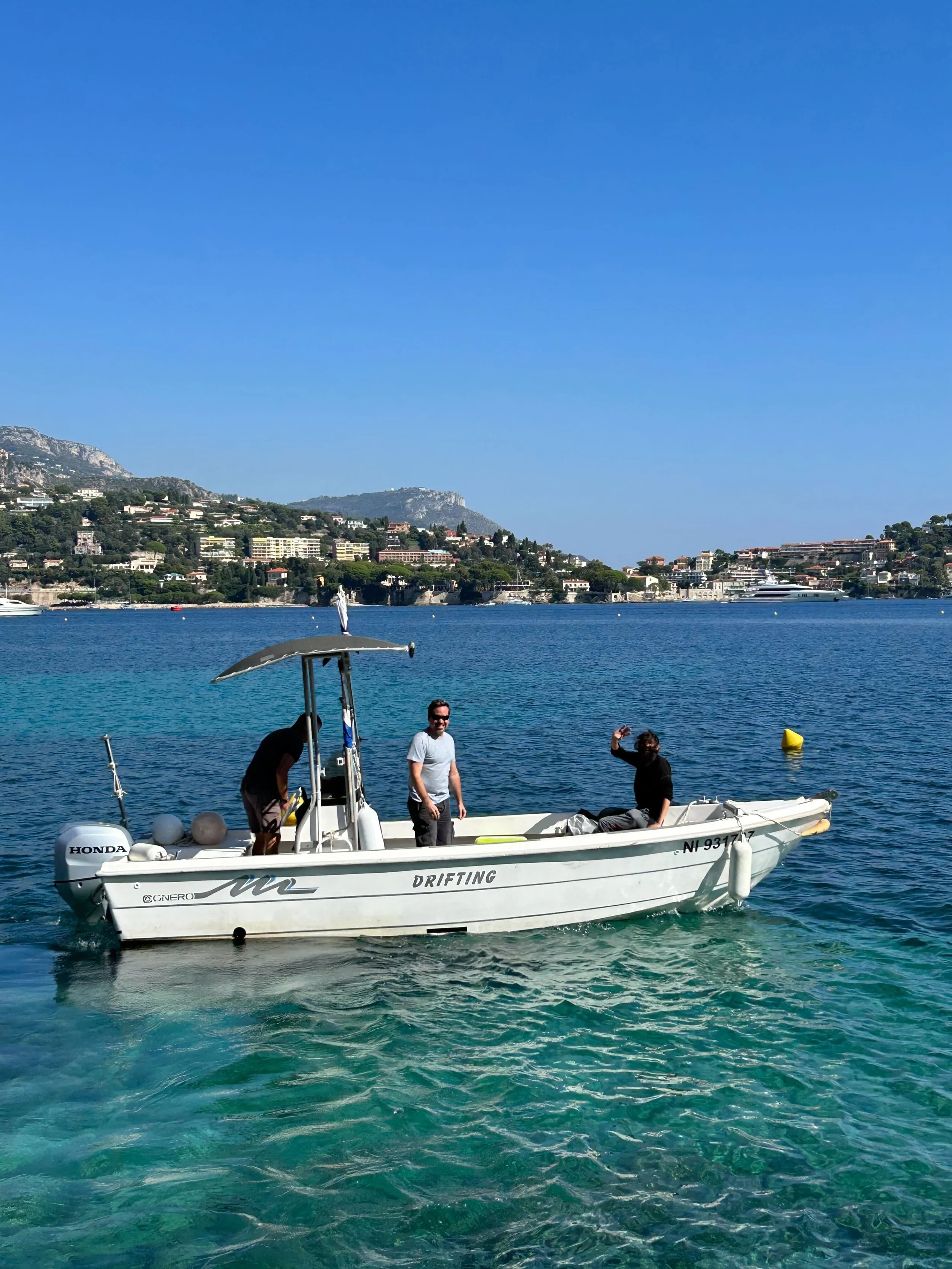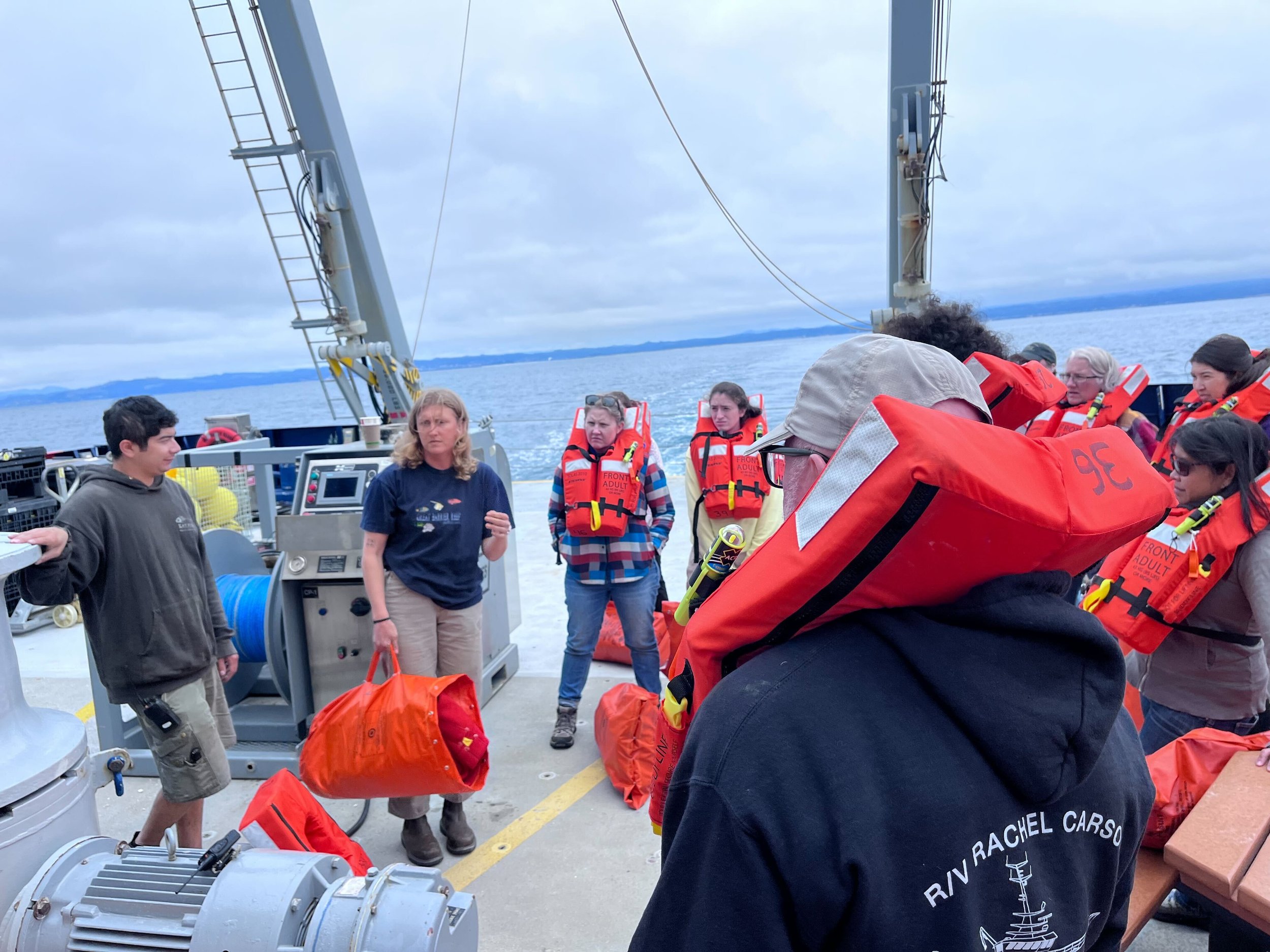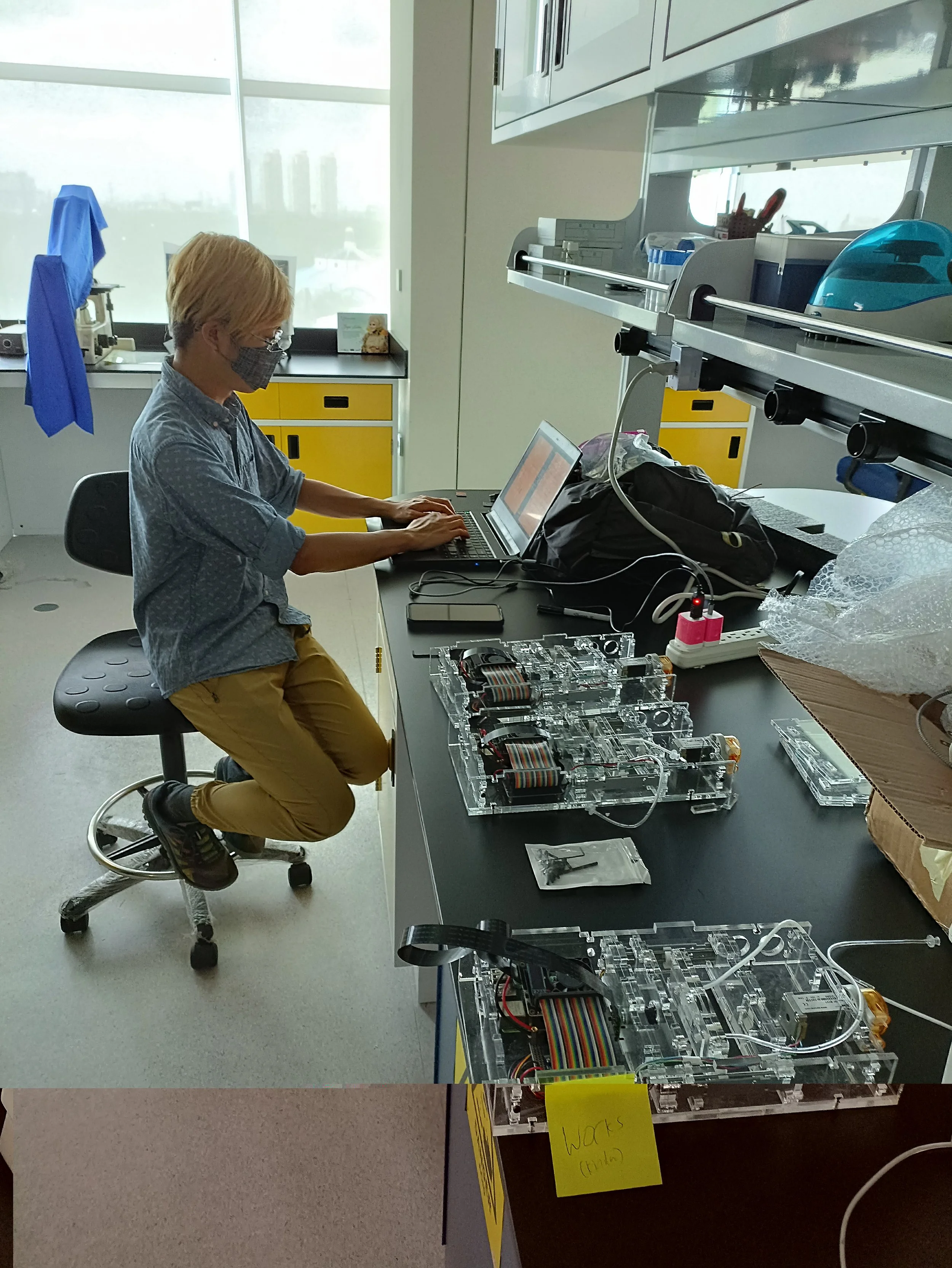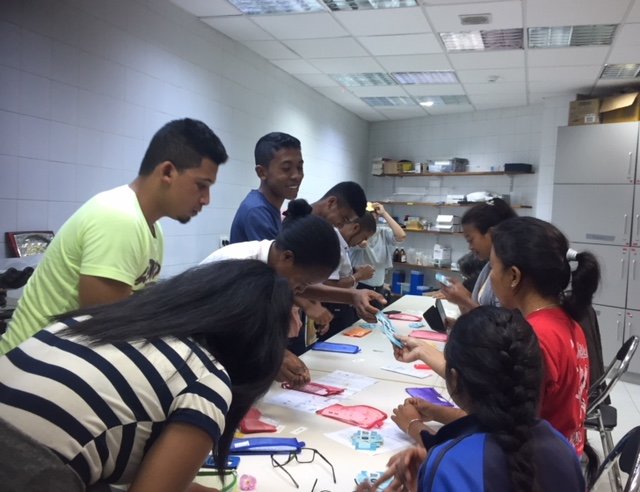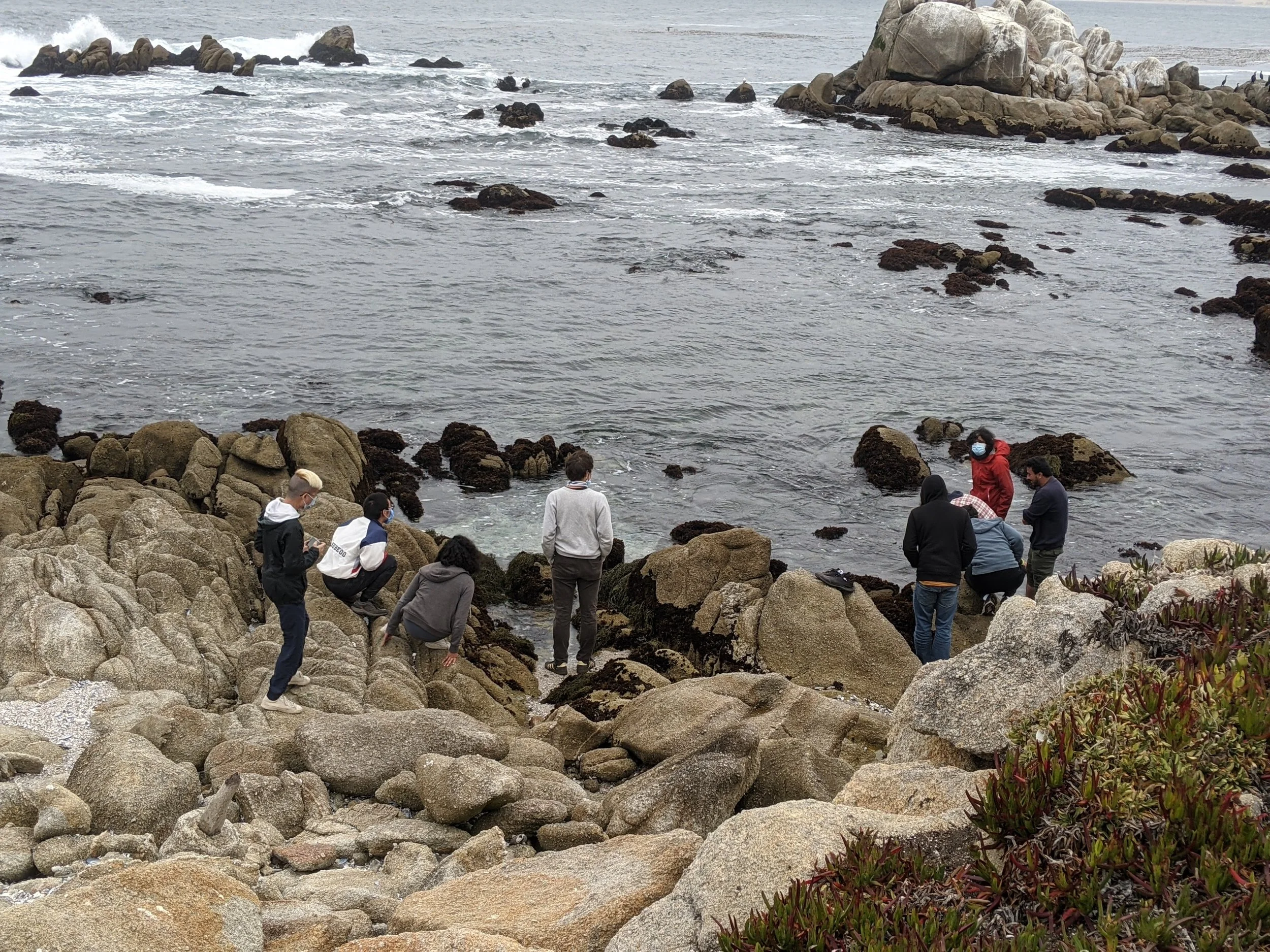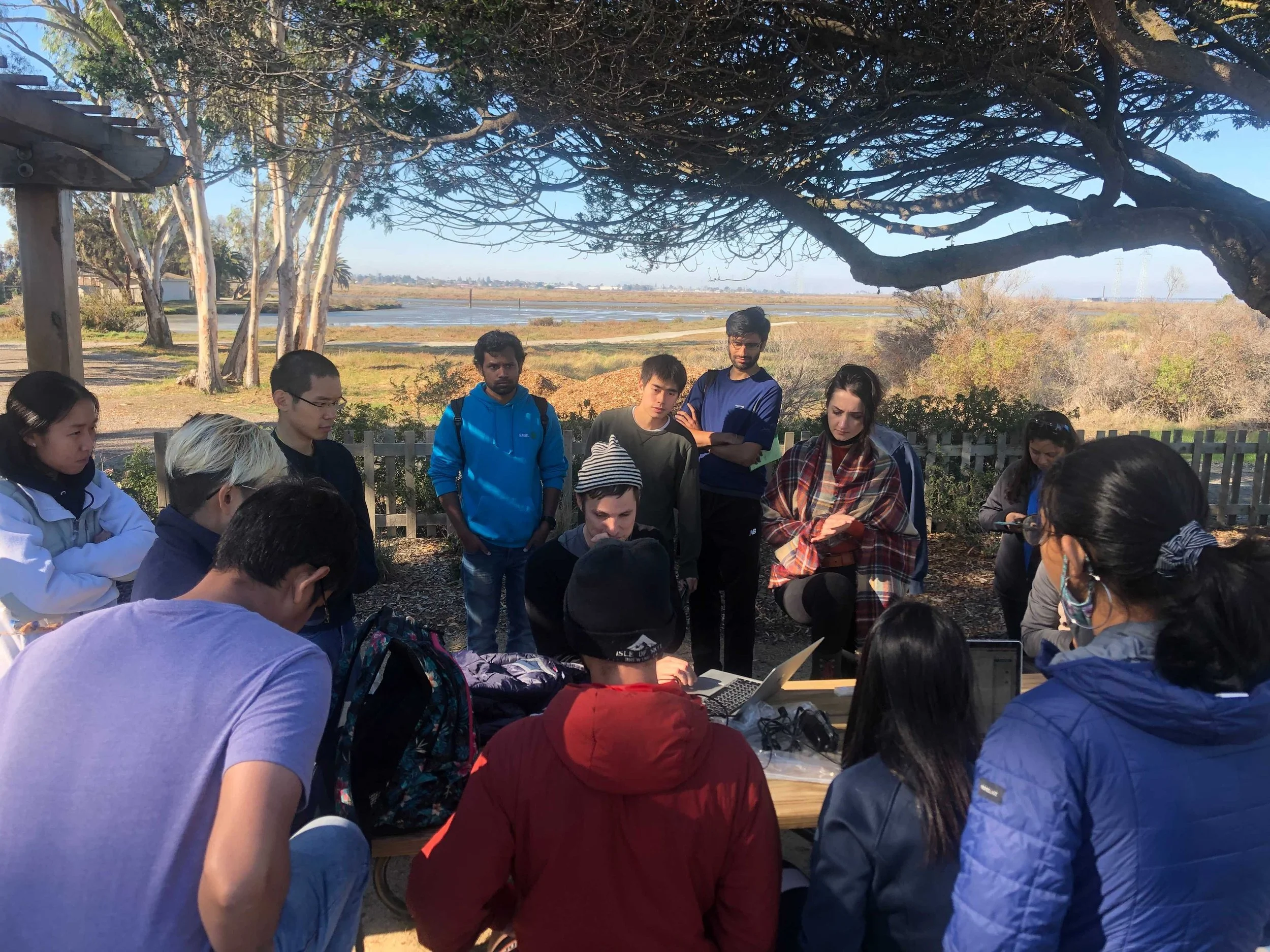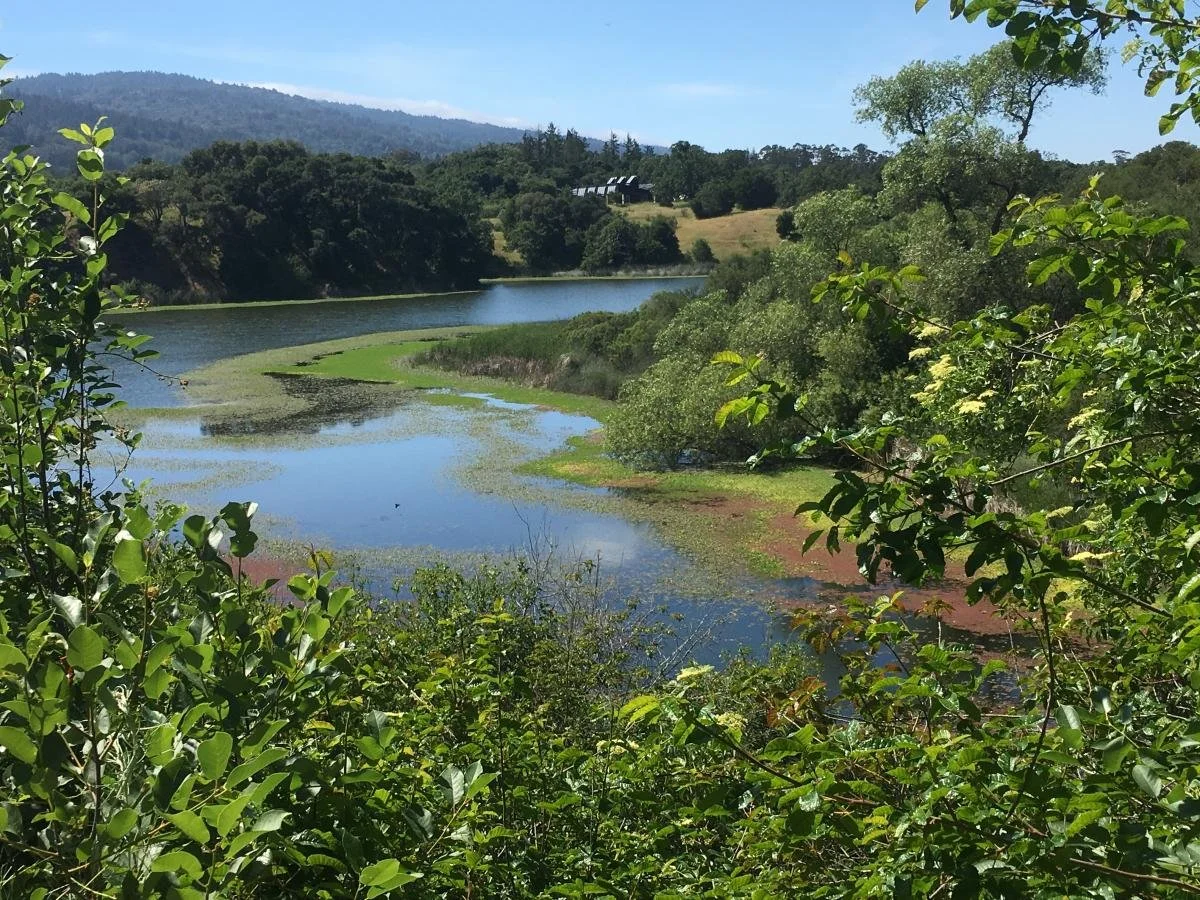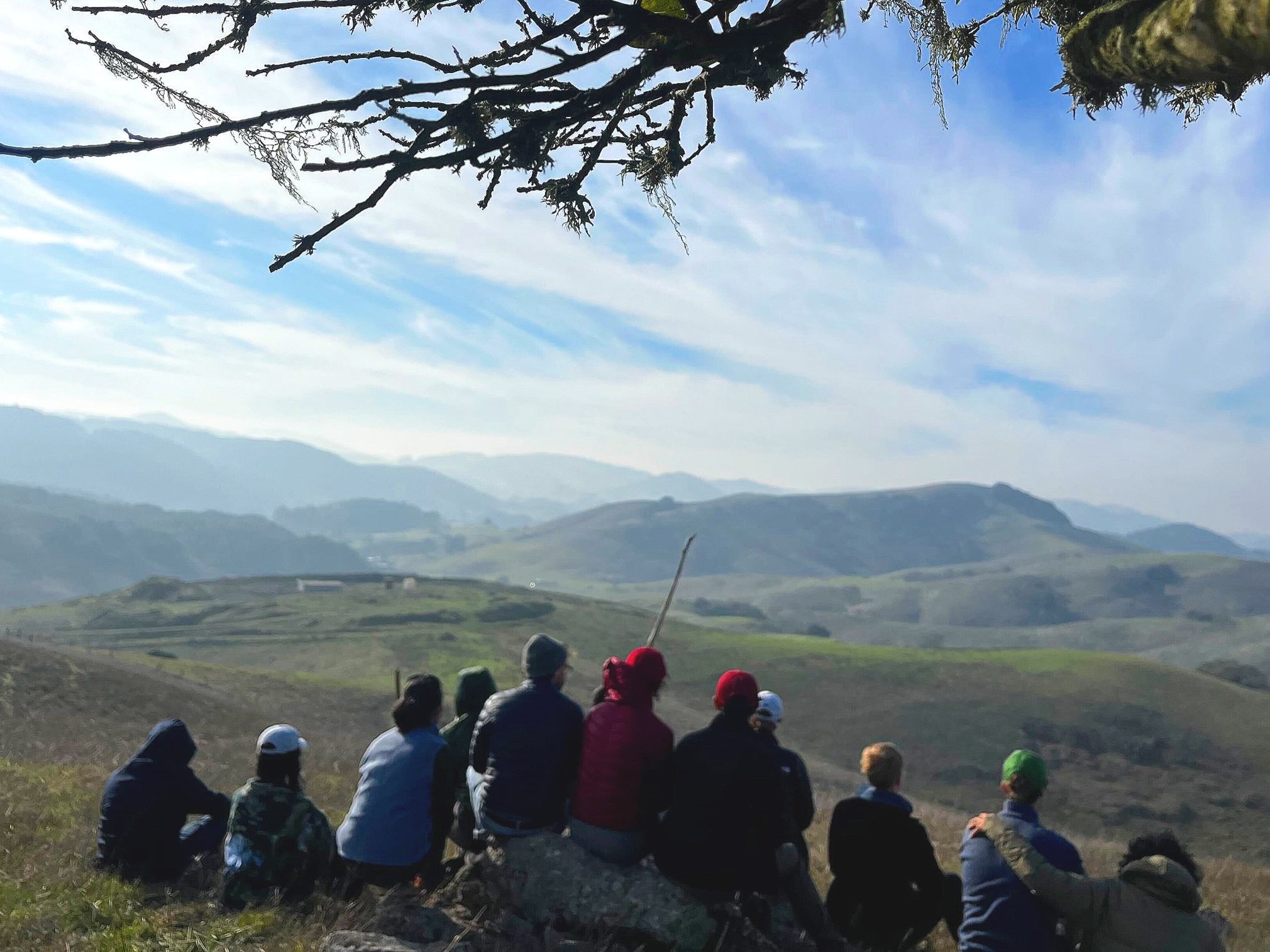Expeditions
In the spirit of curiosity, we seek to explore the world. With much of the world’s oceans still unknown we embark on a journey to discover new organisms and learn more about various biological systems that exist but not really well understood. We build new tools in the lab that allow us to study their mechanical behaviors both in lab cultured media and in situ. Tools such as Planktoscope allow us to quickly catalog the many species that exist in the water in a high-throughput manner —capable of producing a taxonomic demographics at various water depths, geographic location, and climatic conditions. While many research have looked at environmental patterns from a birds-eye-view, we shift our perspective down into the waters to understand the climatic changes from a bottom-up approach. Furthermore, the Gravity Machine and horizontal tracking microscopes allow us to study the mechanical behaviors of these organisms and biological systems under different conditions to better assess how ocean sequesters carbon. Here, we share some of our oceanic field expeditions.
Number of expeditions:
17+
Number of field sites:
10+
Number of new species:
20+
Map
Upcoming Expedition:
TBD
Backdrop map: Mathew Carey, A Map of the World from the best Authorities (c.1800)
Global Sites
-
Date: July 2023
Location: Lombok and Gili Matra, IndonesiaThe goal of the trip was to provide a workshop and training on creating phytoplankton fishery obersiving program for sustaining local communities in Indonesia coastal waters.
Planktoscope, Foldscope
-
Date: September 2023
Location:
Operator: Bermuda Institute of Ocean SciencesThe main goal was to collect marine snow data + acantharian.
Gravity Machine, Horizontal SQUID, Vertical SQUID, Planktoscope
-
Date: May 2023
Location:
Operator:The main goal.
Tools
-
Date: May 2023
Location: 22°45′N 158°00′W
Operator: University of Hawai‘i Marine Center (Read more)The goal of this trip is to obtain the gravity machine data and volume expansion of post-division cells in wild-type Pyrocystis noctiluca, and obtain data for global plankton motility atlas.
Gravity machine, Horizontal SQUID,Jetson
-
Date: October - December2021
Location: 64°46' S, 64°03' W
Operator: Antarctic Support AssociatesGravity Machine
-
Date: April 2023
Location: 43°41′N 7°18′W
Operator: EMBL TREC (European Molecular Biology Laboratory Traversing European Coastlines expedition)Overall, the expedition aims to conduct systematic, standardised, and integrated sampling with multimodal environmental metadata acquisition.
Gravity Machine, SQUID, Jetson, Planktoscope
-
Date: June-July 2023
Location: 71°06′N 163°07′W
Operator: University of Alaska Fairbanks College of Fisheries and Ocean SciencesThe main goal of the arctic trip was to study the fate of diatoms in polar ice and water column.
Gravity machine, Horizontal SQUID, Planktoscope
-
Date: May 2021
Location: 43°39' N, 70°15' WGravity Machine, SQUID, Planktoscope
-
Date: September 2023
Location: 43°41′N 7°18′WThe main goal of this trip was acantharian sampling and imaging.
Gravity Machine, Horizontal SQUID, Vertical SQUID, Planktoscope
-
Date: March 2023
Location: 32°52′N 117°14′W
Operator: UCSD scrippsThe goal of this expedition was to sample plankton behavior along an oxygen gradient.
Gravity Machine, SQUID, Jetson, Planktoscope
-
Date: May 2022
Location: Gulf of Naples, Napoli, Italy
Collaboration: with Rutgers UniversityThe main goal of the trip was to understand natural viral infection induced diatom sinking and marine snow formation in the Gulf of Naples
Gravity Machine, Jetson, SQUID, Planktoscope
-
Date: January - February 2023
Location: Lombok, IndonesiaThe goal of this trip was to train local researchers and citizens in the operation of the PlanktoScope, as part of a citizen science project on ecological monitoring for harmful algal blooms leading to Ciguatera fish poisoning.
Planktoscope
Local Sites
Field sites allow for sample collection, needs finding, tool testing and deployment. The lab visits field sites at the Jasper Ridge Biological Preserve (Stanford, CA), Baylands Nature Preserve (Palo Alto, CA), Hopkins Marine Station (Monterey, CA) and Klatte Ranch (Petaluma, CA).

